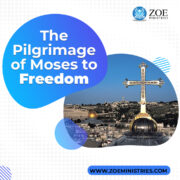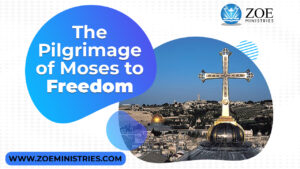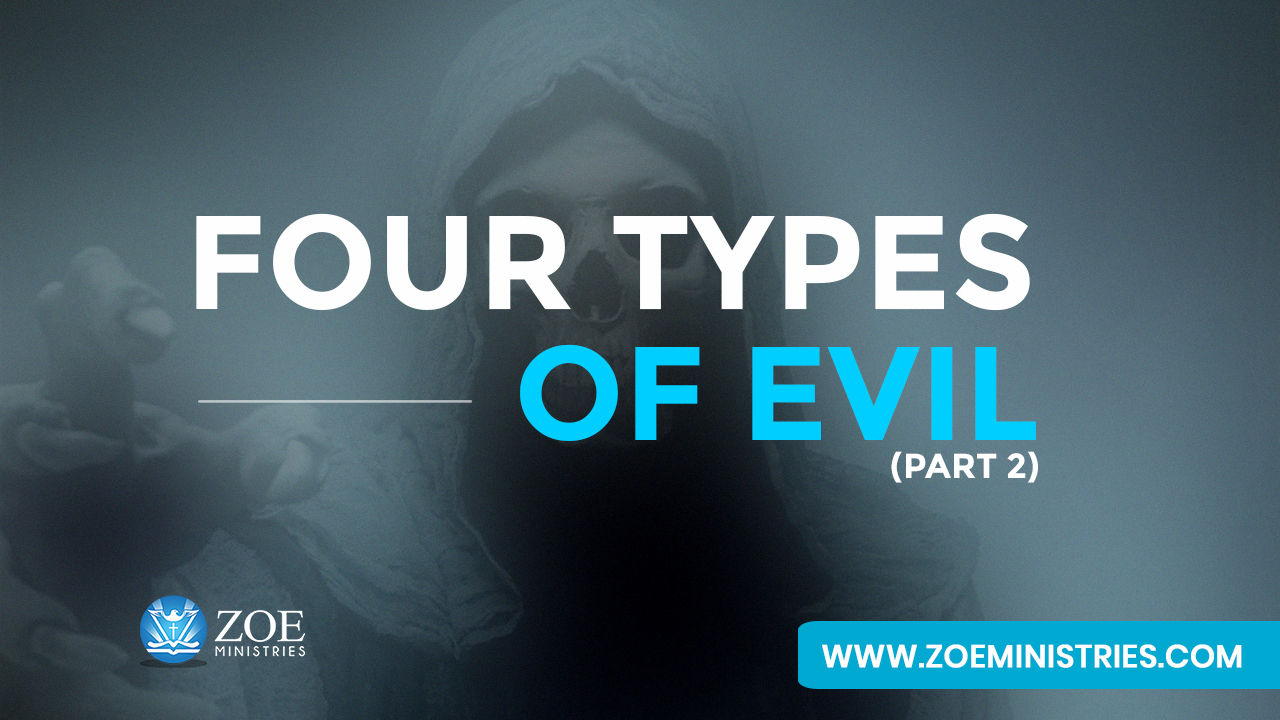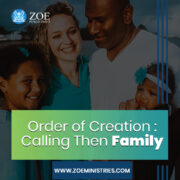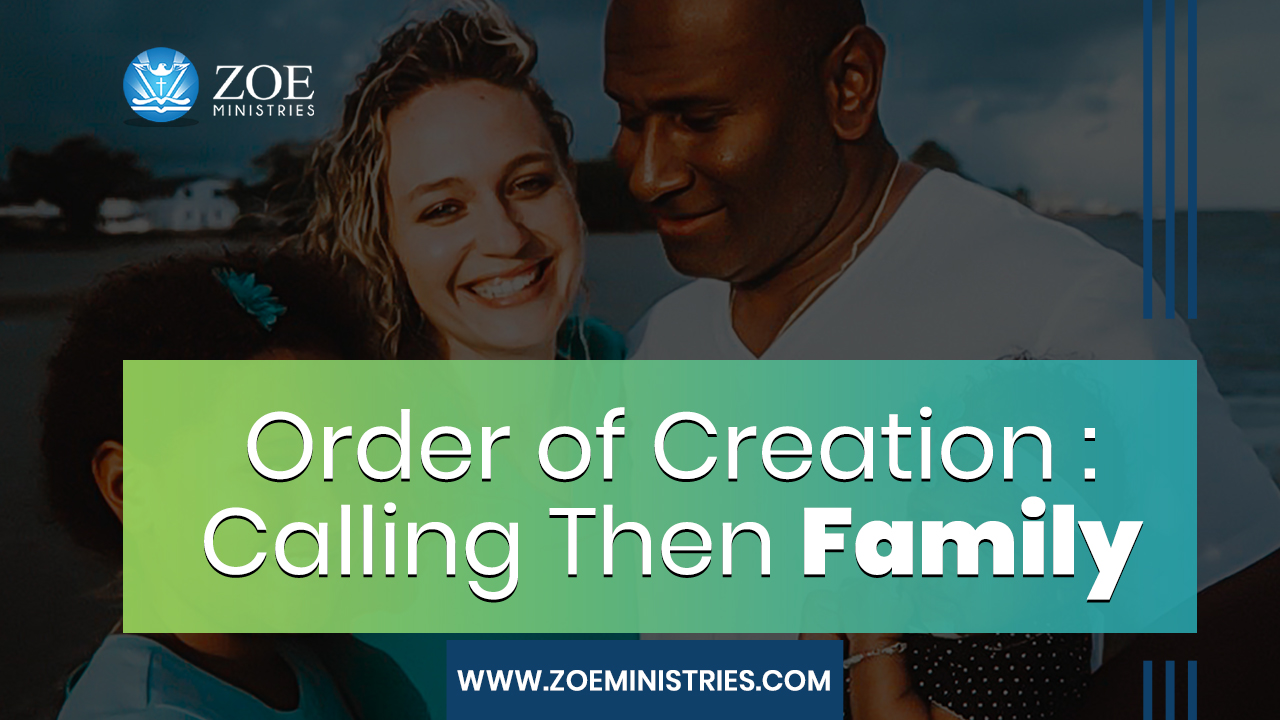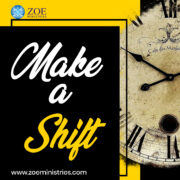Who Were the Magi?
New Testament Magi
The New Testament does not give the names of the Magi. However, traditions and legends identify a variety of different names for them. In the Western Christian church, they have all been regarded as saints and are commonly known as:
- Melchior (also Melichior), a Persian scholar;
- Caspar (also Gaspar, Jaspar, Jaspas, Gathaspa, and other variations);
- Balthazar (also Balthasar, Balthassar, and Bithisarea), a Babylonian scholar.
According to Encyclopaedia Britannica, “Balthasar is often depicted as a king of Arabia, Melchior as a king of Persia, and Gaspar as a king of India.” These names appear to be derived from a Greek document. Most likely written in Alexandria around 500, and translated into Latin as Excerpta Latina Barbari.
The phrase “from the east,” more properly “from the rise [of the sun],” is the sole information Matthew gives regarding the place they came from. The Parthian Empire, centered in Persia, controlled nearly all of the territory east of Judea and Syria (except for the deserts of Arabia to the southeast). Though the kingdom tolerated other religions, Zoroastrianism was the dominant religion, with its priestly magos class.
Reverence for the Baby Jesus
Although Matthew’s account does not explicitly state the reason for their journey (other than seeing the star in the east, which they mistook for the star of the King of the Jews), the Syriac Infancy Gospel provides some clarity in the third chapter by stating explicitly that they were pursuing a prophecy from their prophet, Zoradascht (Zoroaster). The Syriac Infancy Gospel (also known as the Arabic Infancy Gospel) is one of the New Testament apocryphal works about Jesus’ infancy. The Magi are depicted as “falling down,” “kneeling,” or “bowing” in their worship of Jesus.
Together with Luke’s birth myth, this simple gesture significantly impacted Christian religious traditions. They were highly reverent symbols and often used while honoring a king. While prostration is somewhat uncommon in the Western Churches, it is still rather frequent in the Eastern Churches, particularly during Lent. Kneeling is still an important part of Christian worship today. The three gifts of the magi are clearly specified in Matthew as gold, frankincense, and myrrh, and are most likely the source of the number three. Many interpretations about the purpose and symbolism of the gifts have been proposed. While we are all familiar with gold, frankincense and, in significantly, myrrh are far more obscure.
Invitation
Prophetic wisdom and anointing await you. Connect for a personal prophecy.
Join our LIVE Conference Call!
1) Call 515-604-9266
2) Go to startmeeting.com, and use the login: BishopJordan






